Farm to table: What labels mean
What do “organic” and other claims tell you about how your foods were grown? Here’s a primer, based on the U.S. Department of Agriculture’s rules.
Any Organic Food
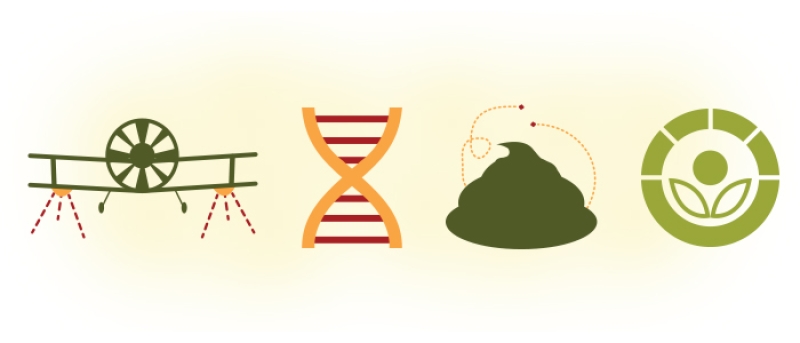
- No synthetic fertilizers or pesticides*
- Not genetically modified
- No sewage sludge fertilizer
- Not irradiated
Organic Meat & Poultry
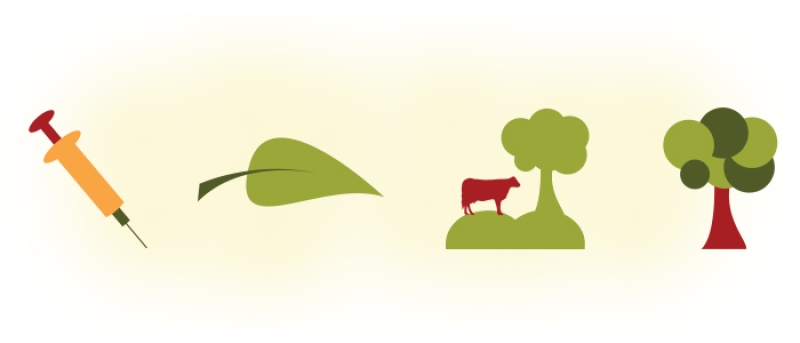
- No growth hormones or antibiotics
- Fed organic feed with no animal byproducts
- At least 30% of cows' diets from organic pasture during the grazing season
- Animals have some access to the outdoors
Organic Eggs
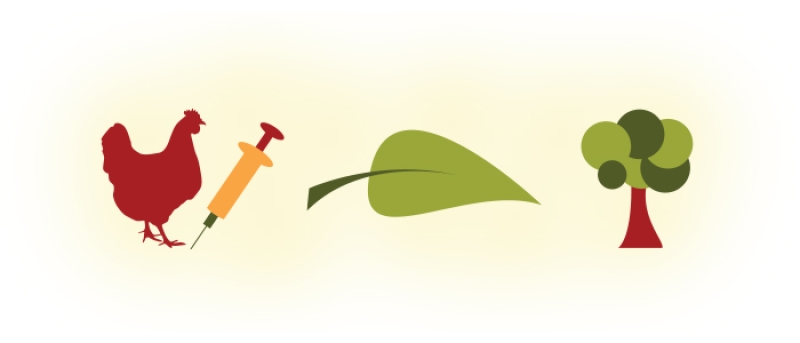
- No growth hormones or antibiotics for hens
- Hens fed organic feed with no animal byproducts
- Hens have some access to the outdoors
Organic Dairy**
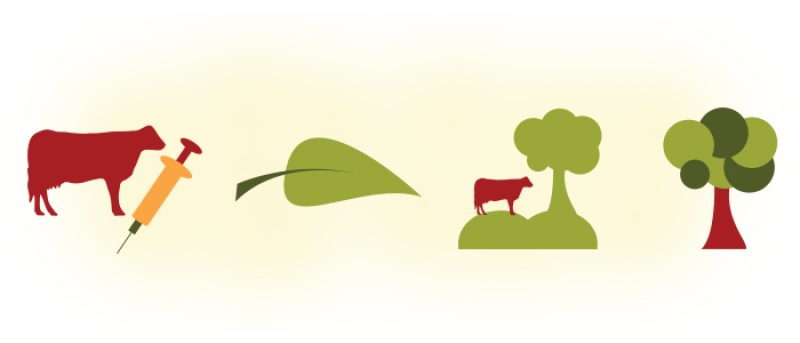
- No growth hormones or antibiotics for cows
- Cows fed organic feed with no animal byproducts
- At least 30% of cows' diets from organic pasture during the grazing season
- Cows have some access to the outdoors
*Most synthetic substances are prohibited. Exemptions are based on the need for a substance and its impact on health and the environment, says the USDA.
**Cows must be raised organic for at least a year before their dairy products can be labeled "organic."
What Other Claims Mean
The USDA doesn’t precisely define many other claims. But most labels have to explain them, and the USDA must approve meat and poultry labels. Here’s what to expect from typical claims.
Natural
“Natural” meat and poultry contains no artificial ingredients or added colors and is no more than “minimally processed.” But “natural” tells you nothing about how an animal was raised, what it was fed, or whether it got antibiotics or hormones.
No Antibiotics Ever
The animal was raised without antibiotics. (Sick animals that need antibiotics are treated, but their meat cannot carry a “no antibiotics” or “organic” claim.)
Grass-Fed
Cows were only fed grass or other forage, not grain, after weaning. They have continuous access to pasture during the growing season and weren’t confined in feedlots.
No Added Hormones
Cows or pigs were not given hormones. The claim is meaningless for chickens or turkeys (or eggs), since farmers are prohibited from giving those animals hormones.
Free Range or Free Roaming
For poultry or eggs: Hens weren’t confined in cages. They have access to the outdoors. The outdoor area may be covered with netting.
For beef: Cows weren’t confined in feedlots. They have access to the outdoors.
Cage-Free
Eggs come from hens that weren’t confined in cages. They may or may not have access to the outdoors, though.
Want Humanely Raised? Two good bets: a “Certified Humane” or “Animal Welfare Approved” seal. (Independent organizations, not the USDA, set those standards.)
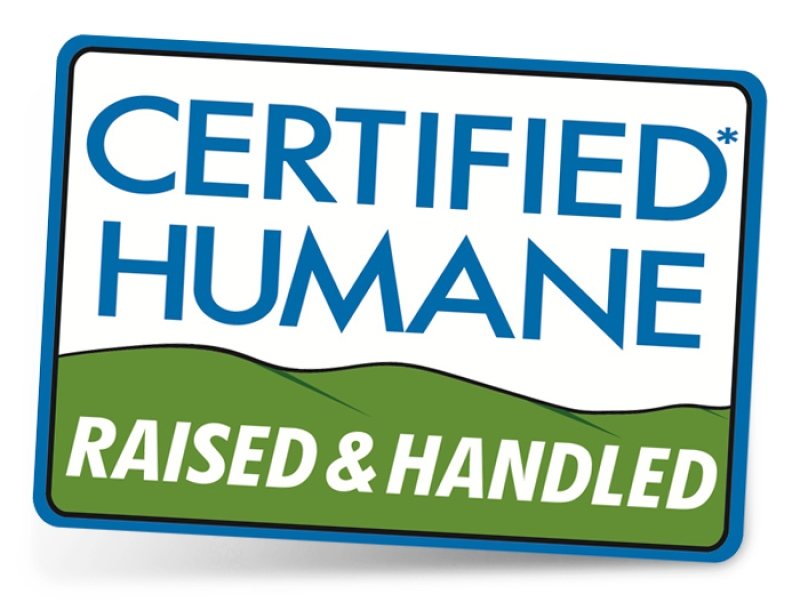
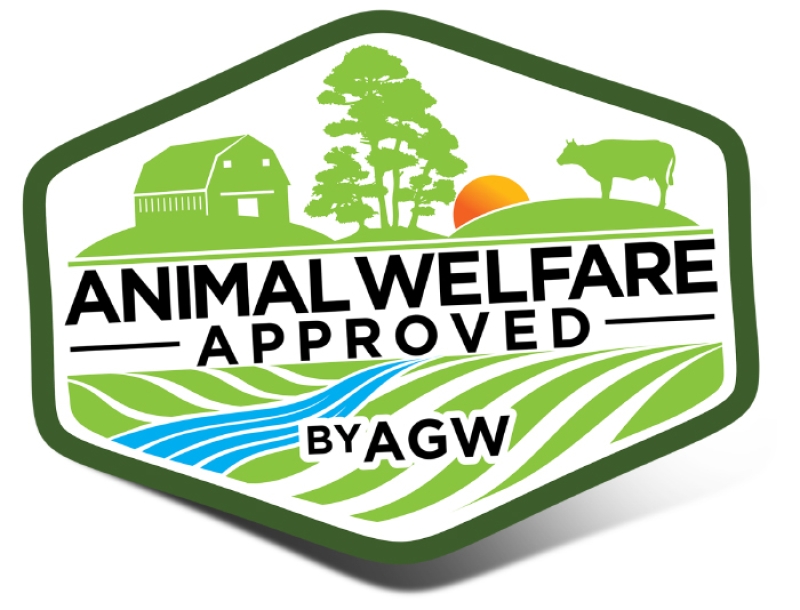
Topics
Continue reading this article with a NutritionAction subscription
Already a subscriber? Log in

